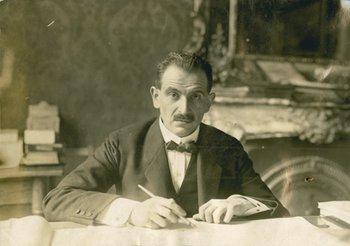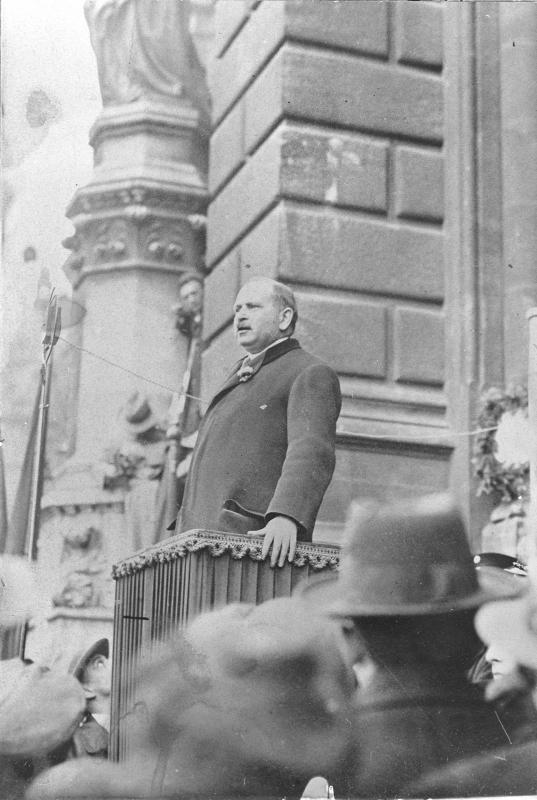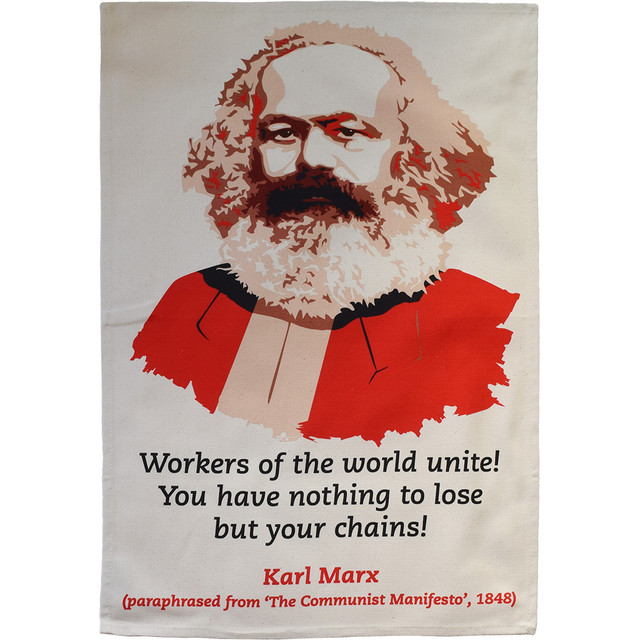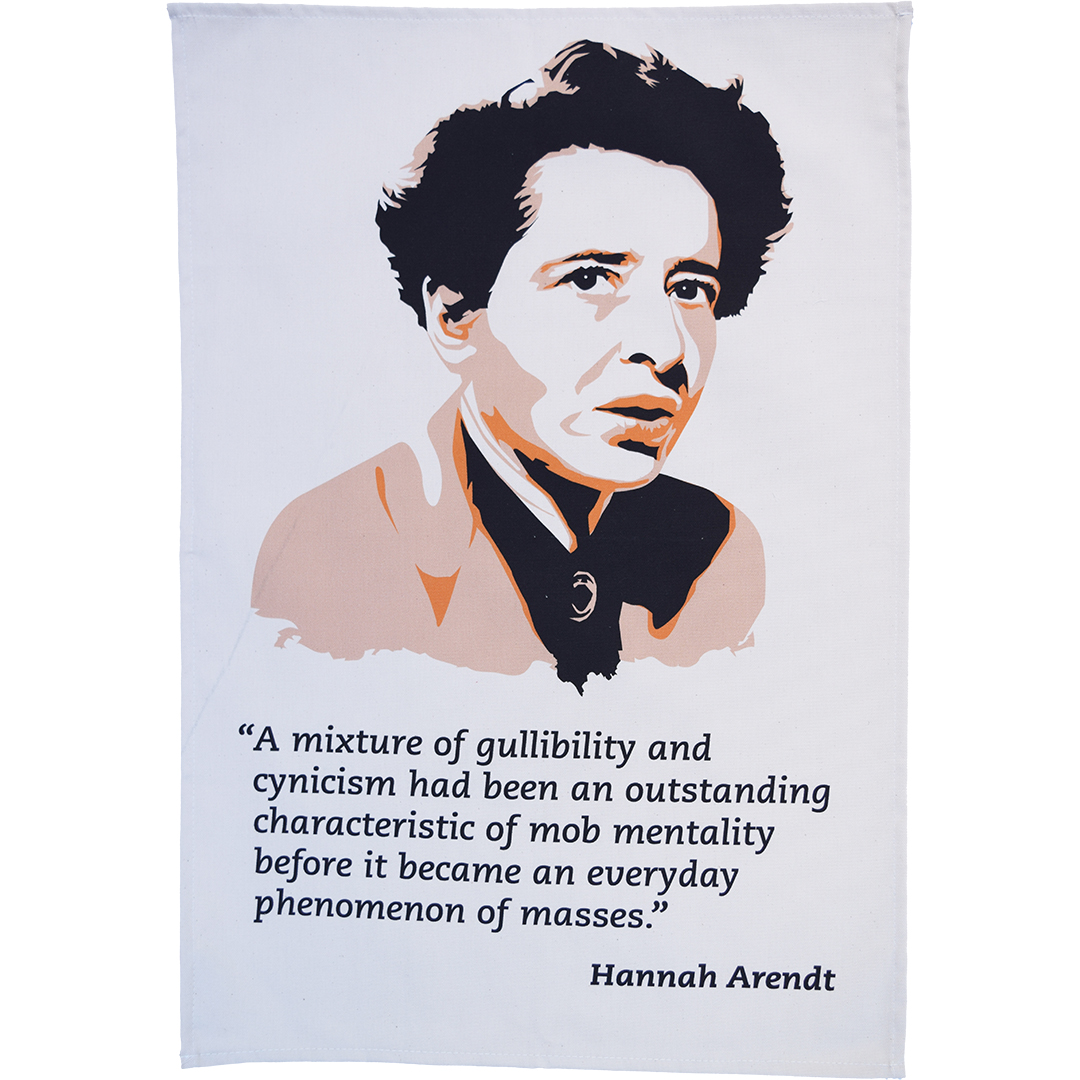Unity in Diversity: The Life of Otto Bauer
Posted by Pete on 5th Sep 2024

The Austrian Marxist who tried to tackle the question of nationalism head-on
“It is not the levelling of national particularities, but the promoting of international unity within national diversity that can and must be the task…”
‘The national question’ has been the bane of modern socialist thinkers since early in the nineteenth century.
The increasing ideological power of nationalism to unite different social classes around a discrete and often aggressive cultural unit seemed to threaten
Marx and Engels' principle of international solidarity: Workers of all countries, unite!
The Austrian intellectual, Otto Bauer (1881-1938), was one of the first Marxists to try to tackle this problem head-on.

Otto Bauer speaking in front of Vienna City Hall in 1930
The Austro-Hungarian Empire was home to one of the messiest nationalism problems in the whole world, where several different national movements – Hungarians, Croatians, Slovenians, Serbians, etc. – fought for more political and cultural rights.
Bauer was born in Vienna on this day in 1881, into a well-off family of Jewish Austrians.
He was multilingual, educated, and, from 1900, a committed activist of the socialist party in Austria-Hungary (SDAP).
The Social Democrats in neighbouring
Germany were the political powerhouse of the European labour movement, but the Austrians’ relatively marginal position allowed them a space for theoretical heterodoxy.
Bauer formed part of an early-twentieth-century circle called the ‘Austro-Marxists.’
Along with other Marxist intellectuals in Austria-Hungary, like the economist Rudolf Hilferding, Bauer reworked and expanded Marxism.
In Bauer’s case, specifically, he tried to create a Marxist theory of nationalism.
Bauer was a Marxist through and through, but he questioned some of the orthodoxies of twentieth century Marxism
In Austria-Hungary, Bauer saw clearly how modern nationalism was capable of dividing the working class among itself along national lines.
In Bauer’s view, traditional socialist thinkers had believed that national identity would be overcome by the force of class interest alone.
Bauer thought that this approach was naïve, and he argued that socialist revolution and the resulting growth of working-class culture would actually
increase national diversity:
“The greater the share of cultural wealth won by the working class, the more this class is influenced by the particular cultural heritage of each country, by its particular cultural tradition.”
Bauer argued that socialism should, therefore, include space for cultural autonomy for different groups within the multinational proletariat, with education in different national languages, and a measure of cultural self-government within the overarching solidarity of the working class.
And Bauer was on to something, insofar as it was not just the obviously multicultural Austria-Hungary whose working class was diverse within the borders of a single state.
The working class in Britain during this period included a huge number of nationally self-conscious
Irish immigrants, for instance.
Quasi-national divisions also existed between Catalan,
Basque, and other workers inside Spain. Meanwhile, many workers from southern Italy and Sardinia felt and were treated like foreigners in the industrial centres of the north.
Far more countries than were willing to admit were multicultural.
Another major political philosopher of the twentieth century was Hannah Arendt, famous for coining the idea of the 'banality of evil'
See the Hannah Arendt tea towel
But Otto Bauer’s warnings didn’t pay off.
In 1914, the European working classes were tragically divided along national lines and set about massacring each other in the First World War.
Bauer himself served as an officer in the Austro-Hungarian army before being taken prisoner of war in Russia.
When he returned home after the war, Bauer was in time to see the collapse of Austria-Hungary and the formation of a new Austrian republic.
The Austrian Social Democrats had a lot of political success here in the early interwar period, including the radical ‘Red Vienna’ municipal project, and periods of national government, with Bauer serving as a cabinet minister.
But Bauer’s old nemesis – nationalist division – would be the ruin of this movement, too.
Both inside Austria and neighbouring Germany, the rise of fascist, anti-Semitic German nationalism, partly in reaction to the political gains of socialism since the war, became a major problem for social democracy in both countries.
In Austria, after a last ditch struggle to avert a fascist takeover, the SDAP was banned in 1934.
Bauer and the rest of the party leadership went into exile elsewhere in Europe, and Austria was annexed to Nazi Germany a few years later.
Bauer died in exile, in Paris, shortly before the Second World War.
He was buried in a cemetery of radicals, opposite a monument to the
Paris Commune.
It was a fitting resting place for one of the first Marxists to try to grapple with the ‘national question’ head on – a question which continues to challenge the labour movement to this day.


